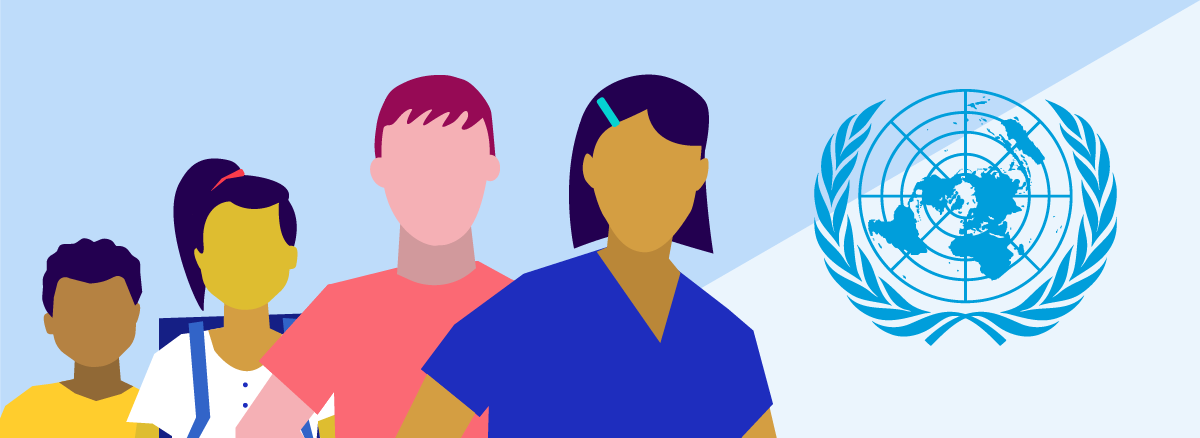Multilateral spaces for a fair globalization
Overview
Cross-border social dialogue contributes to the effective implementation of many international instruments promoting fair globalization through responsible business conduct, such as the ILO Tripartite Declaration of Principles concerning Multinational Enterprises and Social Policy (MNE Declaration), the United Nations Guiding Principles on Business and Human Rights (UNGPs) and the OECD Guidelines for Multinational Enterprises. These international instruments encourage enterprises to engage in meaningful consultation with relevant stakeholders, including workers’ organizations, when they carry out human rights due diligence. The same instruments help to create spaces for cross-border social dialogue aimed at promoting their sound implementation. This Pillar contains information on processes relevant to these international instruments as well as on other spaces within international organisations that stimulate cross-border social dialogue for a fair globalisation

The International Labour Organization (ILO), is a specialized United Nations agency, with a unique tripartite governance structure, bringing together governments, and employers’ and workers’ organisations. The ILO sets international labour standards, promotes rights at work and encourages decent work by

Within the framework of the United Nations (UN), which currently has 193 Member States, much work has been done to promote fair globalisation. The UN encourages the involvement of workers' and employers' organizations and (multinational) enterprises, thereby creating opportunities for cross-border social

The Organisation for Economic Co-operation and Development (OECD), which has 38 member states, focuses on establishing evidence-based international standards and finding solutions to a range of social, economic and environmental challenges. From improving economic performance and creating jobs to fostering